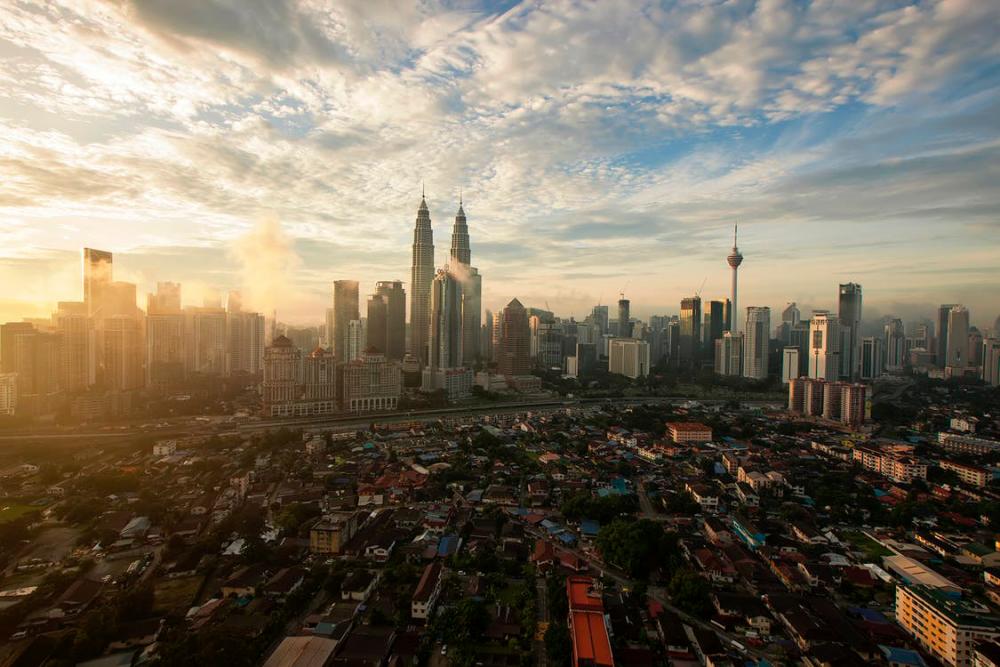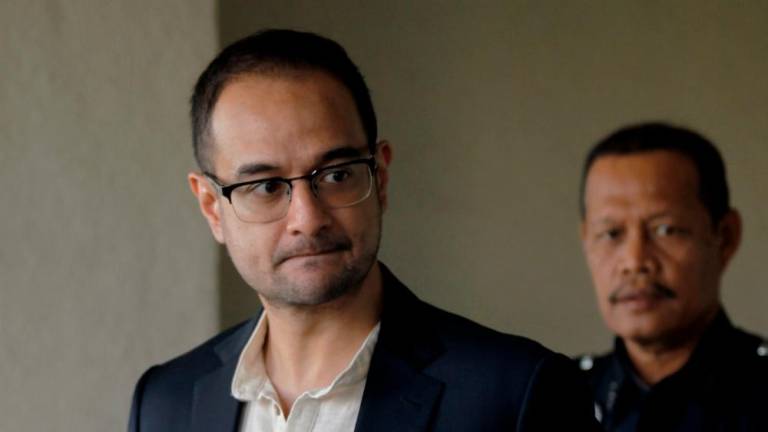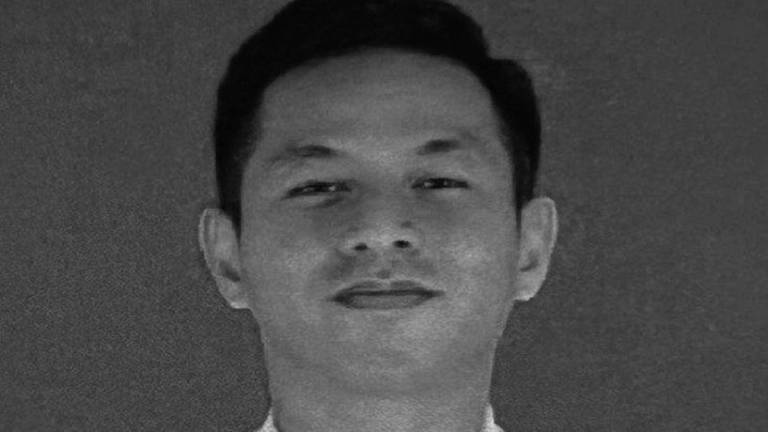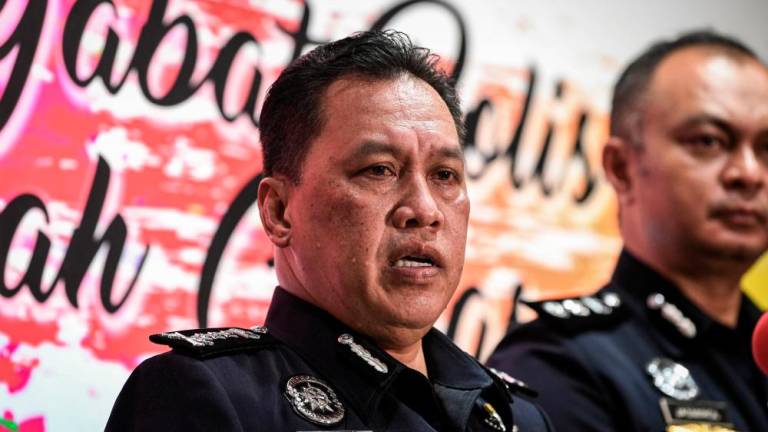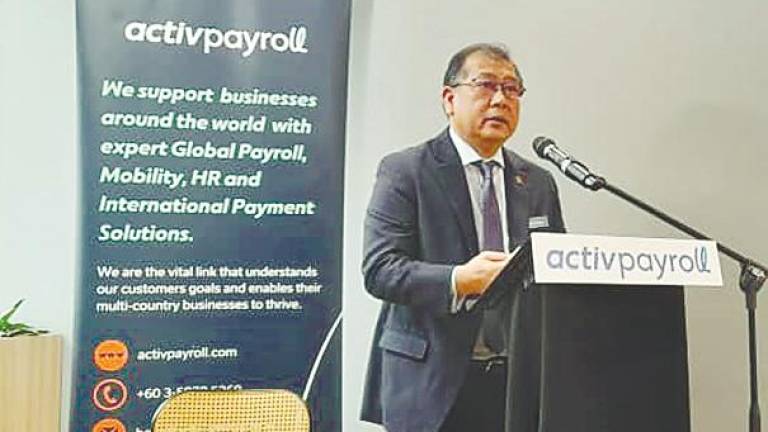AS the country prepares for the 15th General Election, we can expect intense electioneering to take place. We can also expect the parties taking part to have in their manifesto plans to ensure the nation’s future development and stability.
But for future stability to be assured, it is necessary to go back to the past to understand the history of the country, and for it to serve as a guide, especially for the younger generation of voters. This means history that is based on the records and documents of that period.
Chapter one of our independence starts with what was agreed upon in the formulation of the country’s Constitution by all stake players. This group comprising royalty, officials and politicians negotiated for many months on the principles that were needed to ensure an independent, united, free and democratic Malaya.
The 1957 Constitution that resulted can be said to be a truly consensual product of agreement by all parties and racial and religious communities. Besides the members of the Reid Constitutional Commission, key stake players included the Malay Rulers, political parties in the Alliance and Opposition, political leaders such as Tunku Abdul Rahman, Tun Abdul Razak, Tun Tan Cheng Lock and Tun V.T. Sambanthan, and business, socio-cultural and religious leaders and organisations.
In all, the Commission received 131 memoranda from organisations and individuals, and conducted 31 public meetings throughout the country. This was in addition to the 118 meetings that the Commission held in Malaya, many with officials and politicians providing evidence.
One feature of the Reid Commission work relates to Article 153. The relevant section of the Commission report relating to the special position of the Malays is reproduced here:
163. “Our terms of reference require that provision should be made in the Constitution for the ‘safeguarding of the special position of the Malays and the legitimate interests of other communities’. In addition, we are asked to provide ‘for a common nationality for the whole of the Federation and to ensure that the Constitution shall guarantee a democratic form of government’. In considering these requirements, it seemed to us that a common nationality was the basis upon which a unified Malayan nation was to be created, and that under a democratic form of government, it was inherent that all the citizens of Malaya, irrespective of race, creed or culture should enjoy certain fundamental rights, including equality before the law.
“We found it difficult, therefore, to reconcile the terms of reference if the protection of the special position of the Malays signified the granting of special privileges permanently to one community only and not to the others. The difficulty of giving one community a permanent advantage over the others was realised by the Alliance Party, representatives of which, led by the chief minister, submitted that – ‘in an independent Malaya, all nationals should be accorded equal rights, privileges and opportunities and there must not be discrimination on grounds of race and creed ...”
The same view was expressed by their Highnesses in their memorandum, in which they said that they “look forward to a time not too remote when it will become possible to eliminate Communalism as a force in the political and economic life of the country”.
164. “When we came to determine what is ‘the special position of the Malays’, we found that as a result of the original treaties with the Malay States, reaffirmed from time to time, the special position of the Malays has always been recognised. This recognition was continued by the provisions of clause 19(1)(d) of the Federation Agreement 1948, which made the High Commissioner responsible for safeguarding the special position of the Malays and the legitimate interests of other communities. We found that there are now four matters with regard to which the special position of the Malays is recognised and safeguarded.” (See Colonial Office, Report of the Federation of Malaya Constitutional Commission 1957, London, Her Majesty’s Stationery Office, Colonial 330.)
There are at least three key points that need examination with regard to Article 153. The first relates to the use of the word “special position”. There is no mention in the provision itself or in the entire constitutional text of “special rights” or “special privilege” or the use of other terminology.
Secondly, the detailing of the key areas of redress and the scope, and extent necessary to alleviate deficiencies in the Malay position as well as the specification of the “legitimate interests of other communities” were deliberate and intended to ensure that a just and fair balance would be the outcome, and abuses of the provision would be minimised. From this we can deduce that not only was it the clear intent to ensure that there was only to be one class of citizenship or nationality – that is, one common Malayan nationality – but also that the rights attached to citizenship were to be strictly and impartially managed and administered according to the rule of law and the principles of equality.
The third point relates to the omission of a time frame for the provision. Despite this omission, it is clear that all the agreeing parties involved in approving it intended that the special position provision be reviewed.
Besides its work on Article 153, the Commission report – a 110 page document – deals with an entire range of issues that are just as salient to the nation’s well-being and development today as in the past.
Fundamental rights, Parliament, the Election Commission, constituency delineation, the judiciary, Division of Legislative and Executive powers, the public services, Islam as a state religion – these and more that went on to make up our national being were deliberated upon before being put in place to ensure a free, just and equal country for all our people.
Aspiring candidates for state and federal seats for the coming election should read the Reid Commission report carefully to ensure that their electoral messages are in harmony with our Constitution.
Lim Teck Ghee’s Another Take is aimed at demystifying social orthodoxy. Comments: letters@thesundaily.com




